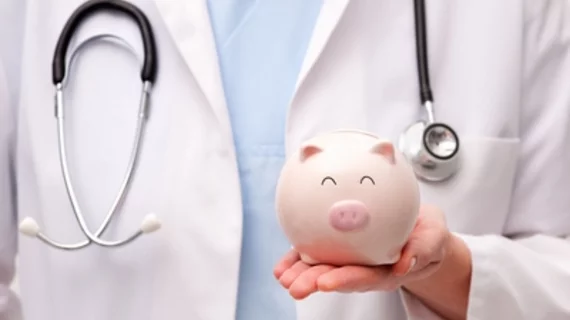HHS will distribute another $35B in COVID-19 relief to healthcare companies
HHS is distributing another $35 billion from the CARES Act designated for healthcare providers responding to the crisis. The CARES Act allocated $175 billion in relief funds to hospitals and healthcare providers, especially those majorly affected by the pandemic.
"Healthcare providers who focus on treating the most vulnerable Americans, including low-income and minority patients, are absolutely essential to our fight against COVID-19," HHS Secretary Alex Azar said in a statement. "HHS is using funds from Congress, secured by President Trump, to provide new targeted help for America's safety-net providers and clinicians who treat millions of Medicaid beneficiaries."
Specifically, providers in state Medicaid and CHIP and haven’t received any relief funds yet––about 1 million providers––are eligible for $15 billion in funds.
Another $10 billion is designated for safety-net hospitals, which serve the nation’s most vulnerable patients, that meet certain requirements. Hospitals will receive between $5 million and $50 million each from these funds. These hospitals will receive payments this week, HHS announced on June 8.
Lastly, $10 billion is designated for hospitals that may need a second round of relief. HHS will determine if hospitals need more relief funds after hospitals update their COVID-19 patient admissions information through June 10.
HHS distributed billions in relief just after the CARES Act was approved, basing payments on recent Medicare billings. Several large healthcare companies have announced they will return some or all of the COVID-19 relief they received, including CVS Health, Kaiser Permanente, Encompass, DaVita and more.

